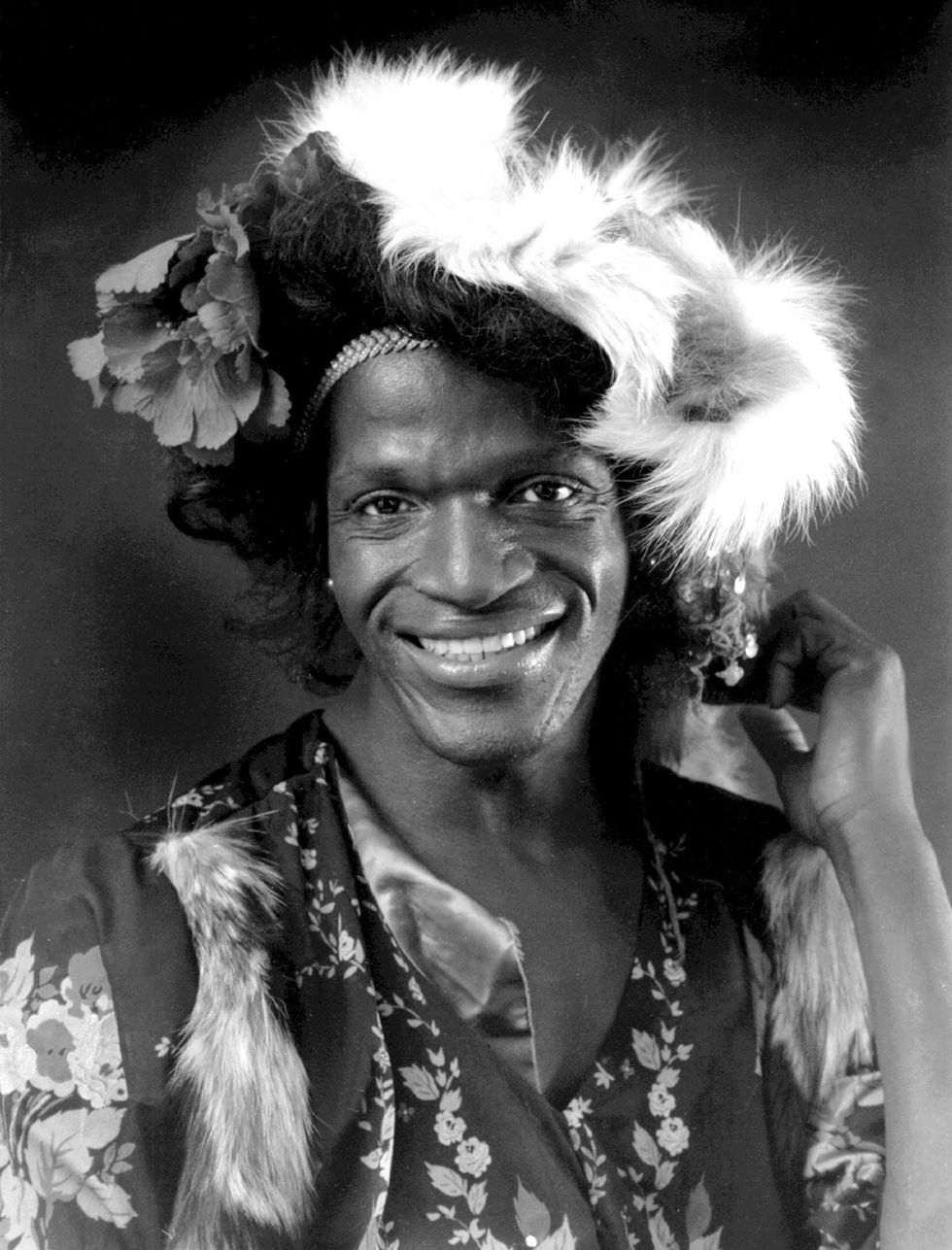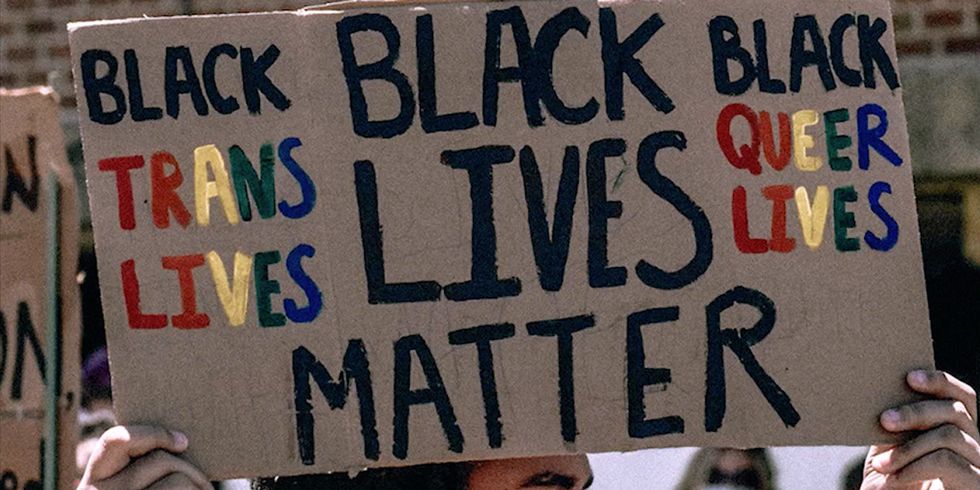On June 25, a beautiful young black woman was found dead inside a car in Sherwood, Arkansas. Brayla Stone was just 17-years old. The police posture that it is homicide and that they will investigate accordingly. However, their statement brings up doubt.
Why is that? Why do we question whether or not this young trans-woman will get the investigation that she deserves? If you cannot understand this question, I hope I can bring some light to the subject.
I know that we are all raised in different climates of opinion, but it is my belief that all people should mourn the death of anyone, not just the white, the rich, and the privileged. A young woman's life was wiped from the earth too soon and she deserves justice.
For those who are afraid to ask questions about the LGBTQ+ community and the Black Lives Matter movement, to understand our current context it is critical to know our collective past. Our history is difficult to understand and traumatic for many, but if you take the time to approach the reality of BIPOC lives, I hope that your eyes will be opened to their experience.
As public opinion of the police continues to shift more drastically than ever, some with blind loyalty to the institution, others have never and will never believe a word that police say. On paper, the police force's core foundation is to protect and serve in order to guard public safety, however more often than not, those perceived as threats to public safety were black, brown, or LGBTQ+. As police officers and their institution continues to only serve certain communities and persecute others, respect and trust is empty.
Marsha P. Johnson was a black trans-woman who was born in New Jersey in 1945. She was a drag queen, sex worker, and community leader that grew up in a time ruled by restrictive laws on what men and women could wear to strict binaries. She protected homeless trans-youth on the streets of NYC and struggled daily with the absence of terminology and labels to help describe and materialize her identity. Marsha was a central figure during the Stonewall uprising in NYC in 1969, which served as the foundation for the modern Queer and Trans Rights Movement. She, alongside other trans-woman of color, founded organizations to protect queer youth from violence. However, she was ultimately rejected by the organizing leaders of the Gay Rights movement, a betrayal that led her to attempt suicide. She failed, thankfully.

However, one early morning in 1992, Marsha's body was found floating in the Hudson River with severe head trauma to her corpse; authorities claimed her death was a suicide or an accidental drowning. Those close to Marsha refuted this claim for the past 30 years, and despite countless calls for further investigation, the NYPD dismissed her case.
Masha P. Johnson is one of the many murdered trans-women overlooked by the police and federal investigators. Despite being a prominent figure in New York, even Marsha's life was ignored.
Brayla Stone, like Marsha and countless other trans-women, died young and violently. But her death is not what she should have been remembered for. Her energy and life is the legacy she should have been able to leave behind.
As a native Arkansan, I know I live in an environment of apathy towards the lives of those who were not born straight, white, or cisgender. In order to combat that apathy, it is crucial to educate myself and encourage others to do the same.
As I was researching news in my state, I found articles about Brayla Stone. She was found in a Little Rock suburb on June 25. Later, a person on social media claimed that he was paid five thousand dollars to kill her. However, this is the extent of information released on her case.
As local and state news channels reported her death, Brayla was consistently dead-named and referred to with incorrect pronouns. She was not granted basic respect in death.
Brayla is one of the three trans-women killed in June, the one month that is meant to celebrate their lives. These women deserve to be protected, honored, and receive justice. Black Lives Matter protests fight for all Black lives. Regardless of their identity, Black Lives Matter is a justice movement. Black Lives Matter has consistently stood for the respect of all black bodies and for the development of justice. I hope that this article has sparked a call for action to those who have been unaware or uneducated. Going through this past is necessary to understand the present and is in no way supposed to be comfortable. But I hope you now know that you have the choice to educate and grow and I hope you opt for that path.

















